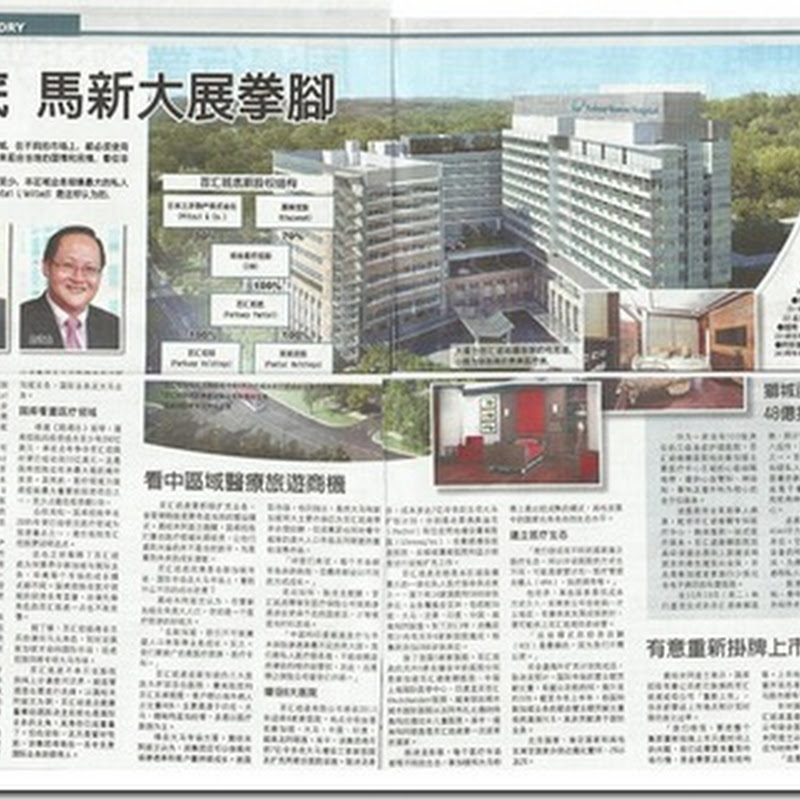The company is expanding its bread-and-butter steel production capacity to capitalise on the anticipated higher demand and prices for the building material and taking firm steps to turn its new biotechnology venture into a regional business.
Masteel planned to more than double the annual output capacity for its downstream steel products from some 280,000 tonnes now to 580,000 tonnes by 2012. This is in line with the group’s intention to boost upstream operations involving the production of billets, by a third to 600,000 tonnes by then, and secure new foreign buyers for its steel products.
Masteel also plans to invest around RM300 million to expand its downstream operations to meet rising demand for steel products in the domestic and overseas markets. The expansion, involving an additional 300,000 tonnes of steel products, will be undertaken at a new plant on some eight hectares of company-owned land adjacent to its billet factory in Klang.
The initiative, to be completed by 2012 and financed via internally generated funds and bank borrowings, will see Masteel widening its product range to cater for more market segments.
The firm was eyeing new business opportunities in Sri Lanka in anticipation that reconstruction of the war-torn island nation would fuel demand for steel products. Masteel has been expanding its global reach to include South Pacific countries like Australia and New Zealand, apart from buyers in several Southeast Asian countries.
In October 2007, the company signed an off-take agreement with Stemcor Australia Pty Ltd, a steel products trading house based in Sydney. The two-year arrangement involved the export of some RM120 million worth of steel bars by Masteel to Australia via Stemcor.
Masteel’s biotechnology arm is a new source of income to cushion the firm’s financials againsts a cyclical steel industry, which is subject to the ups and downs of the construction sector.
In November 2007, Masteel surprised the investment fraternity when the steel producer announced its intention to collaborate with a European company to produce fluorodeoxyglucose (FDG), a chemical substance also known as radiopharmaceutical which is injected into the human body for cancer detection during Positron Emission Tomography scans.
Masteel had set up a wholly owned unit Bio Molecular Industries Sdn Bhd (BMI), which is intended as a joint-venture (JV) entity with Belgium firm IBA Molecular.
Masteel is also offering its expertise in complex- manufacturing processes, thanks to its years of experience in steel production. IBA, meanwhile, will provide cyclotrons, the equipment for producing a range of radiopharmaceuticals.
Uninvestable – Oil CEOs Unconvinced With Trump To Plunder Venezuela
-
Every time the United States makes its move against a sovereign state –
either through an invasion or a political intervention – it’s always about
oil or...
1 day ago





















































No comments:
Post a Comment